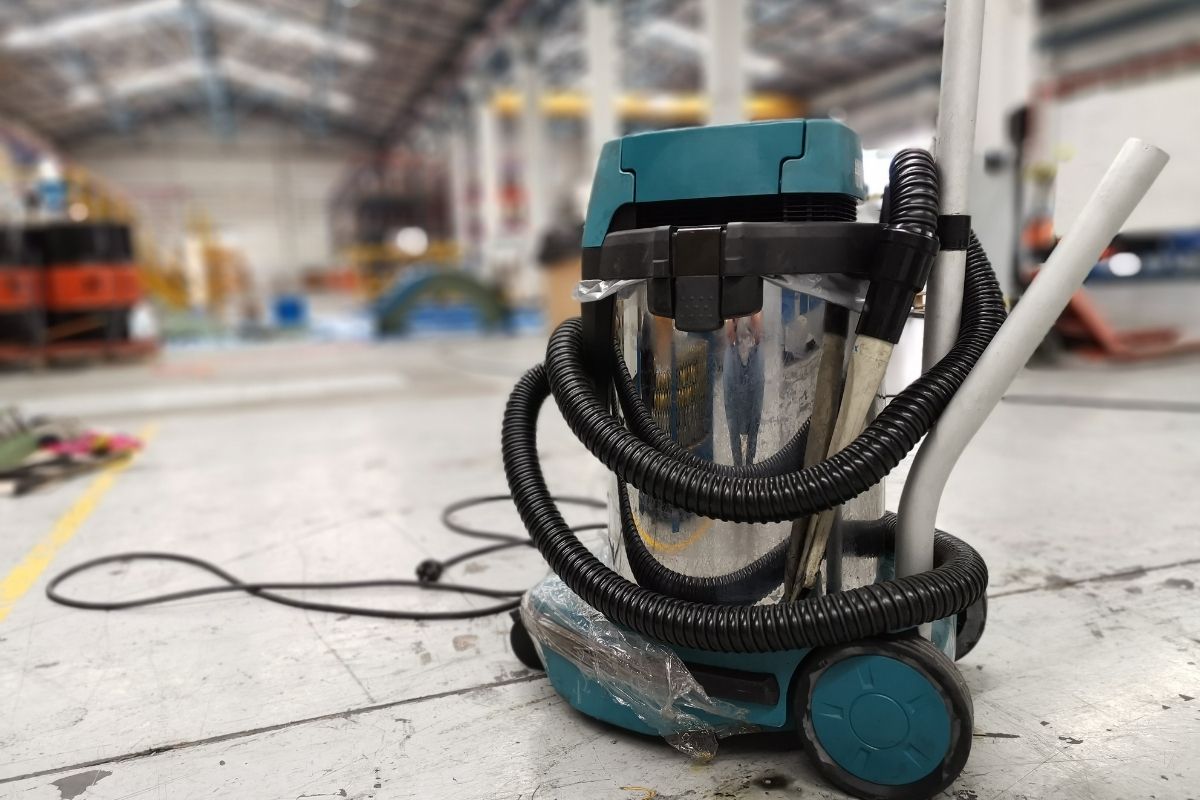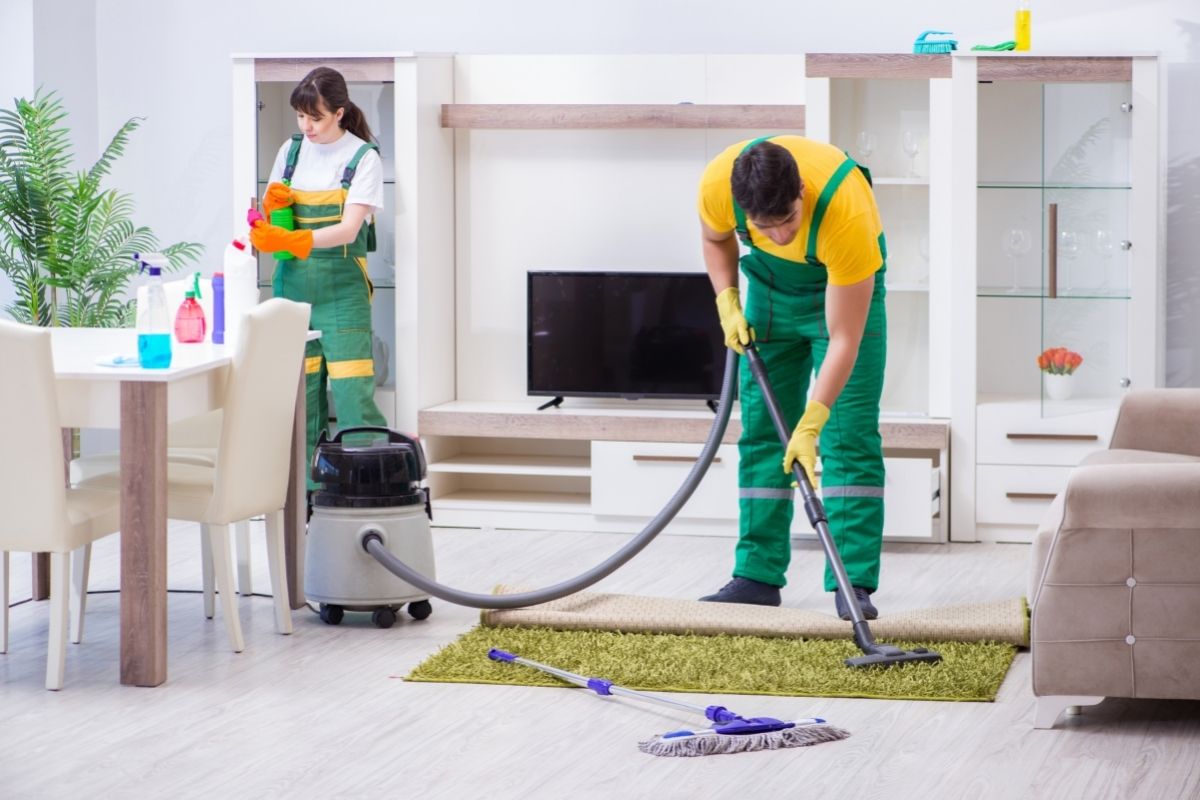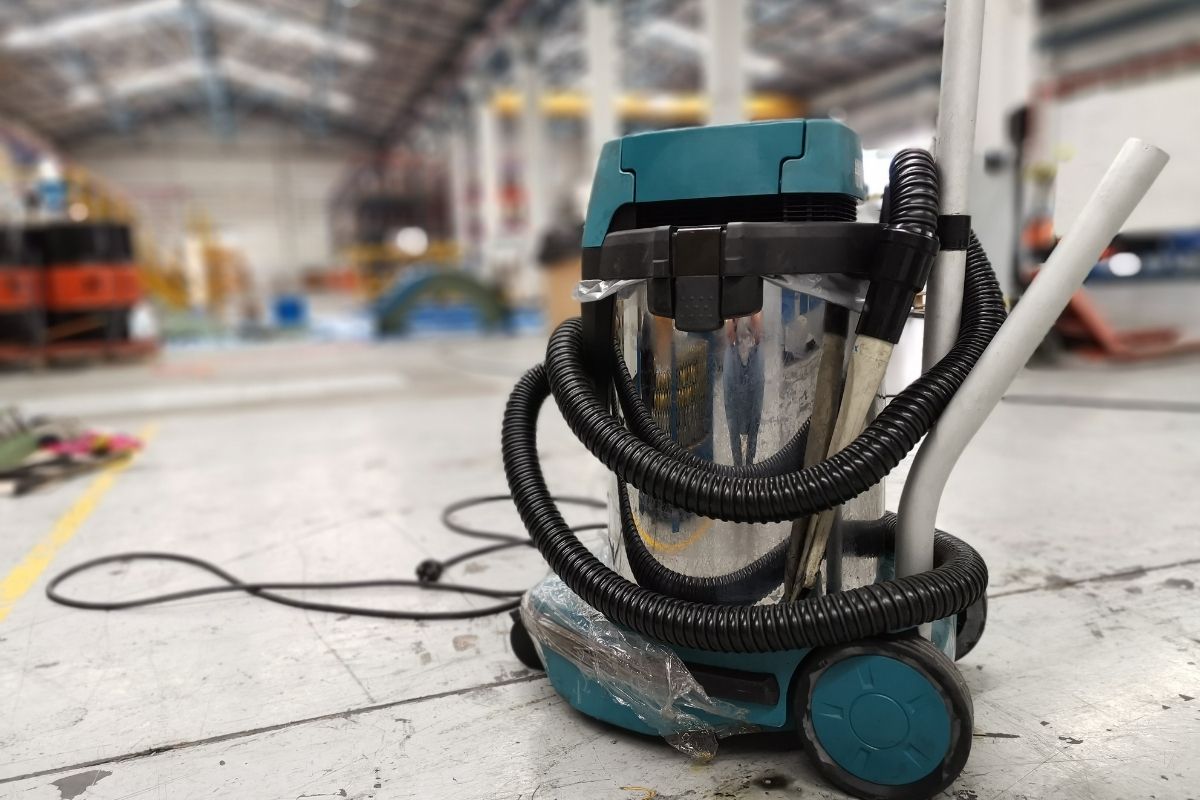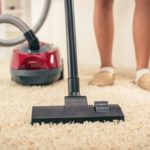Vacuum cleaners are great tools for cleaning floors, carpets, and other surfaces. They are also very useful for keeping our homes clean and tidy, which means that they are a necessity!

If you’re currently wondering how long do vacuums last, then rest assured that you have clicked on the right article.
As we’re sure you’re already well aware, vacuum cleaners come in various sizes and models – including stick vacuums, robot vacuums, canister vacuums, vacuums that come with washable and reusable filters, and even premium name-brand options such as Dyson vacuum cleaners.
Some are designed for home use, while others are meant for commercial purposes. There are even some that are specifically designed for pets.
Generally speaking, if you have purchased your vacuum from a reliable vacuum brand, an average vacuum cleaner should last for about eight years before it needs to be replaced or repaired.
However, if you want to extend its life, follow these simple steps.
How Long Do Vacuums Last? Top Tips To Extend Your Vacuum’s Life
Use The Right Attachments
The first step in extending the life of your vacuum cleaner is using the right attachments. You need to select a suitable attachment depending on what type of surface you will be cleaning.
For example, if you have hardwood flooring, then you may choose an upholstery brush or a crevice tool.
The majority of vacuums (including handheld vacuums) will typically come with a motorized brush, but this is just something to be aware of.
Plus, in addition to making sure that you are using the right attachments, you should also be sure to take proper care of the attached power cord.
Clean Regularly
Regularly cleaning your vacuum cleaner can help prolong its life. If you aren’t regularly maintaining your vacuum, then you might find that there is a loss in suction power – regardless of whether you have bought from a well-known brand or not.
This includes cleaning out all parts of the machine including the filter, motor housing, wheels, and hose. You should also make sure to remove any debris from the filters before starting it again.
Regardless of whether you’re cleaning heavily soiled floors or simply cleaning the whole house, it’s important that you carry out proper maintenance on your vacuum cleaner.
Keep It Dry
If you live in a humid area, make sure to keep your vacuum cleaner away from moisture. Moisture can cause rusting and corrosion which can shorten the life and cleaning efficiency of your vacuum.
Check The Power Cord Regularly
Make sure to check the power cord periodically. It should not become frayed or worn out. Also, avoid leaving it exposed to direct sunlight as this can damage the insulation inside the wire.
Replace The Bag And Filter
When the dust bag gets full, replace it with a new one. A dirty bag will clog the suction system and reduce the efficiency of the vacuum cleaner.
Change The Air Filter
Change the air filter every month. Dirty filters can restrict airflow and cause overheating of the engine. This can lead to premature failure of the vacuum cleaner. Therefore, change the filter when it becomes clogged.
Remove Dirt From The Dust Bin
After changing the air filter, make sure to empty the dust bin. This will prevent dust particles from getting back into the air filter.
Keep It Away From Heat
Avoid placing your vacuum cleaner near radiators, heating vents, or fireplaces. These areas tend to get hot and can cause damage to the internal components of the vacuum cleaner.
Instead, place it in a cool location where there is no source of heat.
Store It Properly
Store your vacuum cleaner in a safe place where it won’t get damaged by falls or bumps. Never store it in a garage or attic as they are both warm environments.
Don’t Overload The Vacuum Cleaner
Overloading your vacuum cleaner can result in excessive wear and tear to the motor. The best way to avoid this is to ensure that the weight of the vacuum cleaner does not exceed the maximum recommended capacity.
Buy Quality

Buying a high-quality vacuum cleaner can significantly improve its lifespan. Quality vacuums are built to withstand heavy use without breaking down. They also come with longer warranties than cheaper models.
Check The Warranty
Check the manufacturer’s warranty before buying a new vacuum cleaner. Some manufacturers offer extended warranties and service plans. Make sure that these cover all parts of the vacuum cleaner including the motor.
Store It Properly
Store your vacuum cleaner in a dry place. A garage or shed is ideal for storage. However, if you live in an area with extreme weather conditions, then you might want to consider keeping it indoors.
Do Vacuums Lose Suction Over Time?
While it is natural for a vacuum cleaner to eventually stop offering the same suction power that it once did, there are a variety of ways that you can help to increase the average lifespan and cleaning efficiency that your vacuum cleaner offers.
This includes things such as regular maintenance, cleaning and even getting a replacement part if necessary.
What Is The Average Life Expectancy Of A Vacuum?
Even though how long vacuums last will ultimately depend on a variety of important factors, if well-maintained, you can expect the vast majority of vacuum cleaners to offer a life expectancy of around eight years.
In order to ensure that your vacuum lasts you for a long time, we recommend that you only purchase from reliable brands, as this will mean that the particular model you select will be able to offer you a long service life, as well as additional benefits including the ability to vacuum various carpet fibers, various bacteria particles, small objects without any issues, as well as offer general home cleaning without losing its efficiency.
Purchasing a durable vacuum from a reliable brand might cost more money (this includes vacuums such as a handheld vacuum, upright vacuums, Miele vacuums, and even Dyson vacuums) many people find the investment to be worth it due to the long, average lifespan that they offer.
Final Thoughts
There we have it! Thank you for taking the time to read through this article, we hope that it has given you a better insight into the average lifespan of a vacuum cleaner. As well as some ways that you can help to increase yours.







